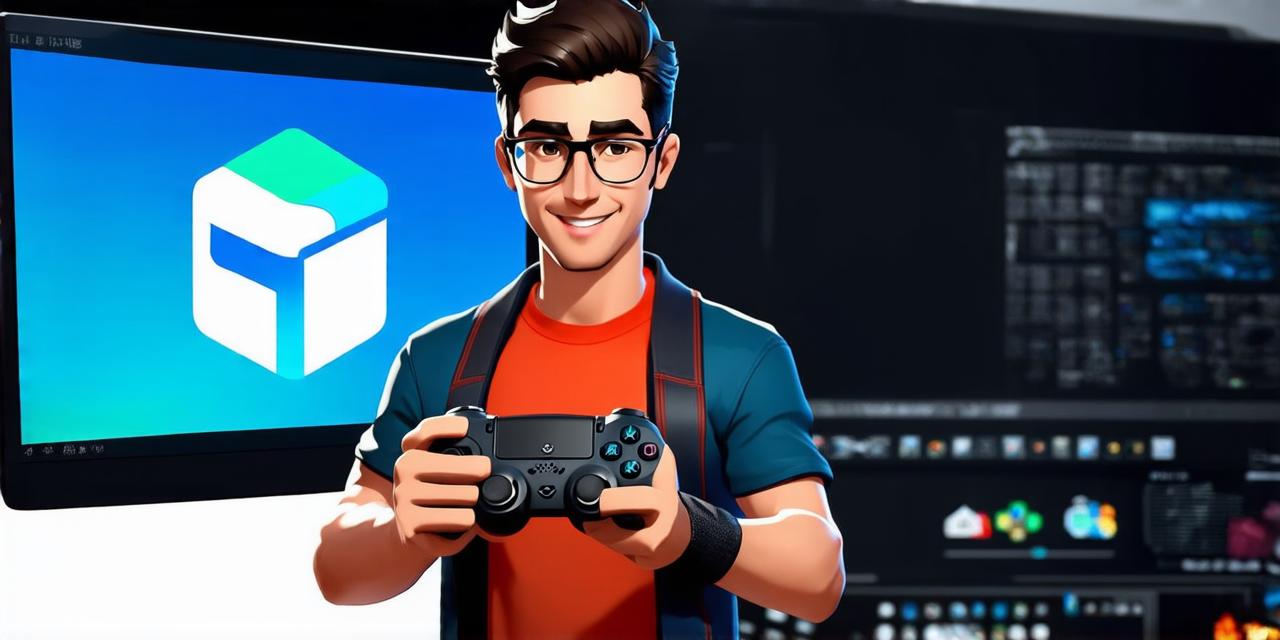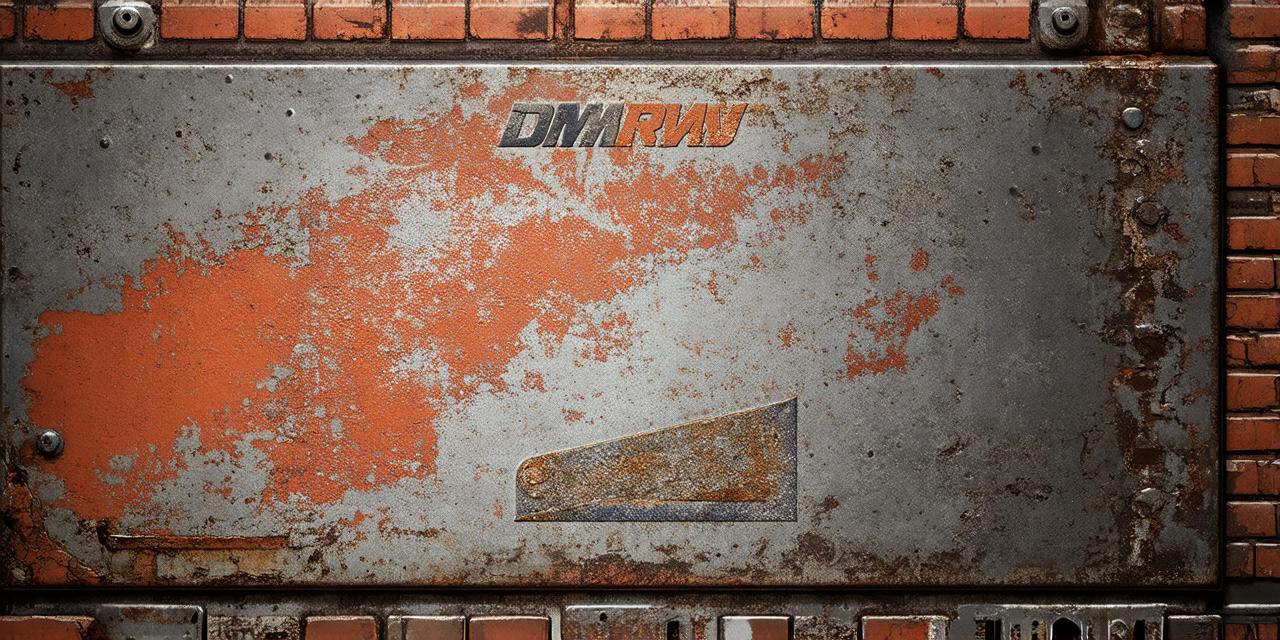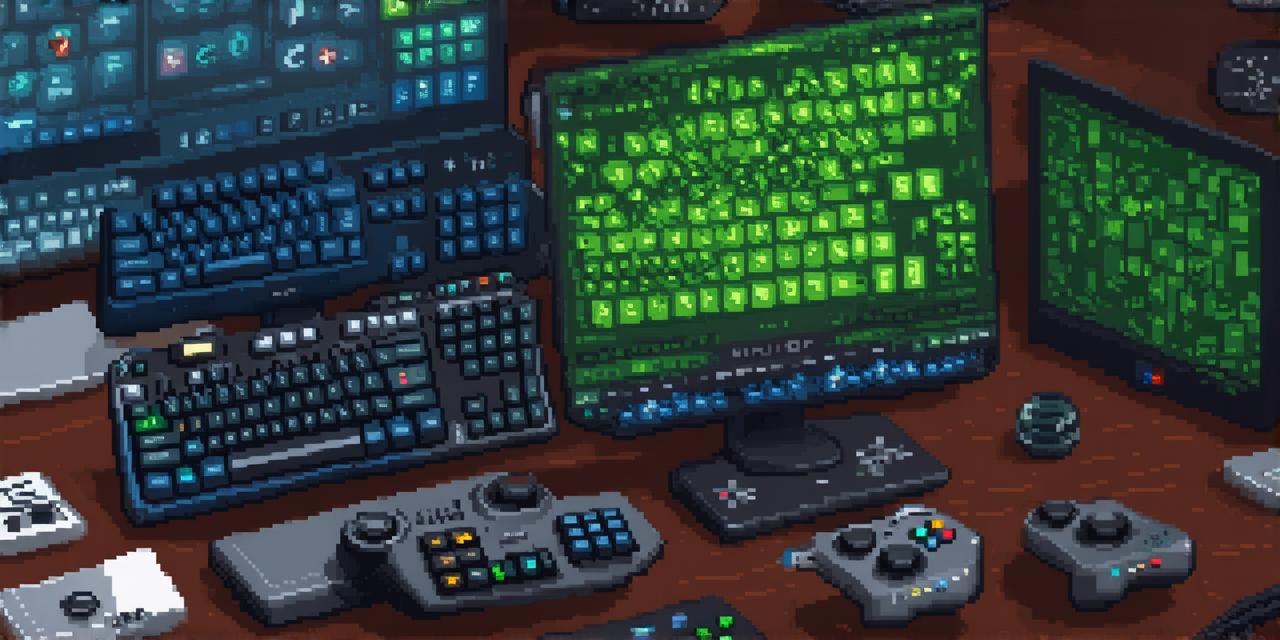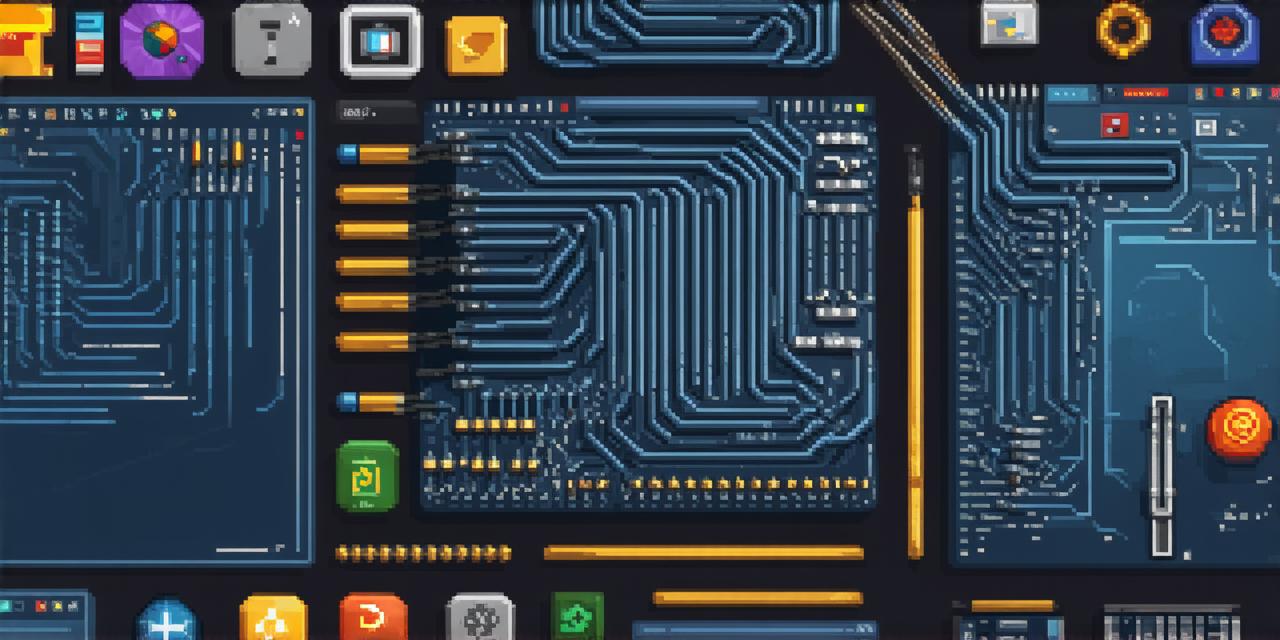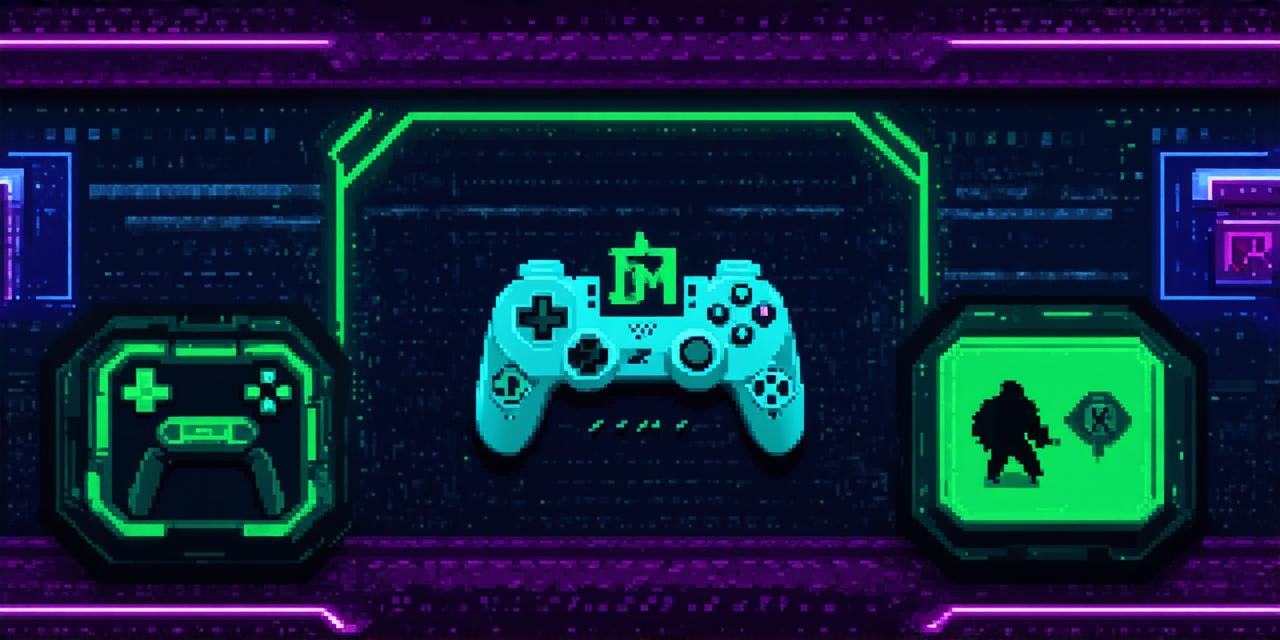How can one become a video game developer?
with other developers, designers, and stakeholders involved in the development process.
1. Industry Knowledge:
- Understanding of the current trends and technologies in video game development is essential for staying up-to-date with the latest advancements in the industry.
- Familiarity with popular gaming platforms such as PlayStation, Xbox, or PC can help you design games that are compatible with a wide range of devices.
- Knowledge of legal and ethical considerations in video game development, such as copyright laws and player privacy concerns, is critical for avoiding legal issues and maintaining the trust of players.
Acquiring these skills and knowledge requires a combination of formal education, practical experience, and self-study. You can pursue a degree in computer science, game design, or a related field to gain a strong foundation in the technical aspects of video game development.
Step 3: Gain Practical Experience
Practical experience is essential for becoming a successful video game developer. You should aim to gain as much hands-on experience as possible through internships, freelance work, or entry-level positions within the industry.
Some tips for gaining practical experience include:
- Look for internships: Many companies offer internships for students interested in video game development. These programs typically run for a few months during the summer or academic year and provide valuable hands-on experience, mentorship, and networking opportunities.
- Freelance work: Freelance work can be a great way to gain practical experience and build your portfolio of work. You can offer your services as a programmer, artist, designer, or writer on various platforms such as Upwork, Fiverr, or Freelancer.
- Entry-level positions: Many entry-level positions within the video game industry require little to no experience. These roles may involve tasks such as testing games, creating documentation, or assisting with project management. By taking on these roles, you can gain valuable experience and make connections within the industry.
Step 4: Build a Portfolio of Work
A portfolio is a collection of your work that showcases your skills and abilities as a video game developer. It is essential to have a well-designed and up-to-date portfolio that demonstrates your expertise in your chosen area of specialization.
Step 5: Network and Market Yourself
Networking is essential for finding job opportunities in the video game industry. You should attend industry events, join online communities and social media groups related to video game development, and reach out to professionals within the field to learn more about their work and gain advice on your own career.
Step 6: Continuously Learn and Improve
The video game industry is constantly evolving, and it is essential to stay up-to-date with the latest trends and technologies to remain competitive. You should continue to learn and improve your skills throughout your career by attending workshops and conferences, taking online courses, or collaborating with other developers on projects.
Step 7: Find Job Opportunities
The final step on the path to becoming a video game developer is to find job opportunities in the industry. You can search for job openings on various platforms such as LinkedIn, Indeed, or Glassdoor, or use your network to connect with potential employers.
Some tips for finding job opportunities include:
- Tailor your resume and cover letter to each job listing. Highlight your relevant skills and experience, and explain why you are a good fit for the role.
- Prepare for interviews by researching the company, practicing common interview questions, and coming up with thoughtful questions to ask the interviewer.
- Be open to relocation if necessary. Many video game development jobs require candidates to move to different cities or countries.

Conclusion
Becoming a video game developer requires a combination of technical skills, creativity, practical experience, and self-promotion. By following these seven steps, you can gain the knowledge and skills needed to succeed in this exciting and rewarding career. Remember to stay passionate about your work, continuously learn and improve, and network with professionals within the industry. With dedication and hard work, you can achieve your dream of becoming a successful video game developer.

